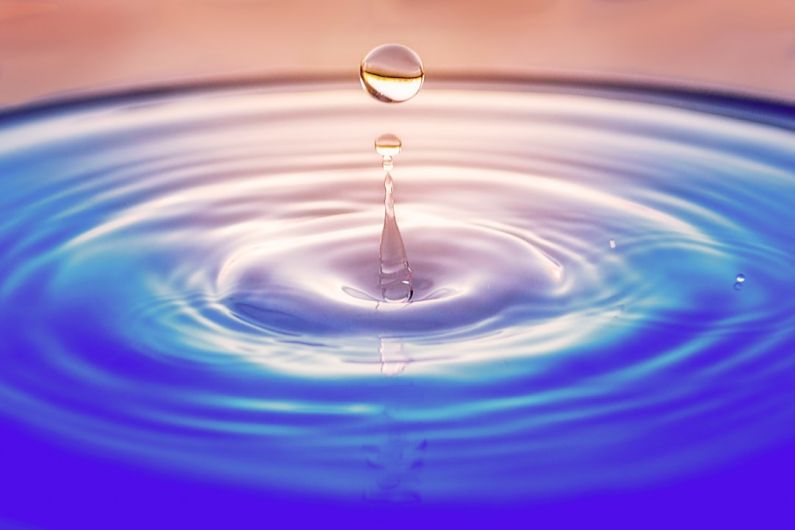Why Is Mulching Important for Your Garden?
Mulching is an essential practice for maintaining a healthy and thriving garden. It involves covering the soil with a layer of organic or inorganic material, such as wood chips, straw, or gravel. This simple technique offers numerous benefits that can significantly improve the overall health and productivity of your garden. From conserving moisture to suppressing weeds and improving soil fertility, mulching plays a crucial role in garden maintenance. If you’re wondering why mulching is important for your garden, read on to find out.
Conserves Moisture
One of the main advantages of mulching is its ability to conserve moisture in the soil. By creating a barrier between the soil and the atmosphere, mulch helps reduce evaporation, keeping the soil moist for a longer period. This is particularly beneficial during dry spells or in regions with hot climates where water scarcity is a concern. With proper mulching, you can minimize the need for frequent watering, saving both time and resources.
Suppresses Weeds
Weeds are the bane of every gardener’s existence. They compete with your plants for space, nutrients, and water, hampering their growth and productivity. However, mulching can be a powerful weapon against these unwanted intruders. By blocking sunlight from reaching the soil, mulch prevents weed seeds from germinating and developing into mature plants. Additionally, some types of mulch, like straw or wood chips, can physically smother existing weeds, further suppressing their growth. By using mulch as a natural weed barrier, you can significantly reduce the amount of time and effort spent on weeding.
Improves Soil Fertility
Mulching can be seen as a long-term investment in the health and fertility of your garden’s soil. As the mulch breaks down over time, it adds organic matter to the soil, improving its structure and nutrient content. This organic matter acts as a sponge, helping the soil hold onto water and nutrients, making them more available to your plants’ roots. Furthermore, the decomposition of mulch by microorganisms enhances soil health by promoting beneficial microbial activity. Consequently, regular mulching can lead to healthier and more productive plants.
Moderates Soil Temperature
Extreme fluctuations in soil temperature can be detrimental to plant growth. Mulching helps moderate soil temperature by acting as an insulating layer. During hot summer months, mulch shades the soil, keeping it cooler and reducing the risk of heat stress on plants. In colder climates, mulch acts as a protective blanket, preventing the soil from freezing and providing some insulation to the roots. By maintaining a more stable soil temperature, mulching creates a more favorable environment for your plants to thrive.
Prevents Soil Erosion
Soil erosion is a common problem in gardens, especially during heavy rainfall or in sloped areas. Mulching can help prevent soil erosion by acting as a protective layer that absorbs the impact of raindrops and reduces surface runoff. The mulch also helps bind the soil particles together, preventing them from being washed away. By reducing soil erosion, mulching helps retain valuable topsoil, which is rich in nutrients and essential for plant growth.
In conclusion, mulching is a simple yet effective practice that can significantly benefit your garden. From conserving moisture and suppressing weeds to improving soil fertility and moderating soil temperature, mulching offers a range of advantages that can promote healthy plant growth and reduce the need for intensive maintenance. Whether you’re a seasoned gardener or a beginner, incorporating mulching into your garden routine is a wise decision that will pay off in the long run. So, grab your mulch materials and give your garden the care it deserves.






